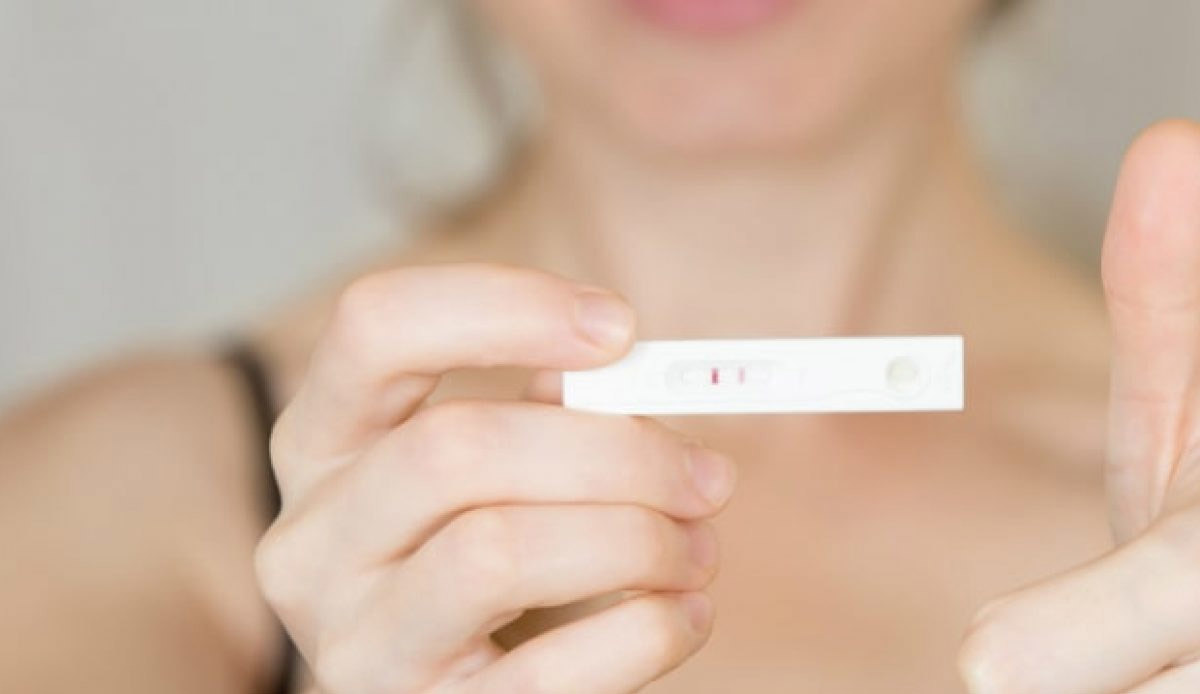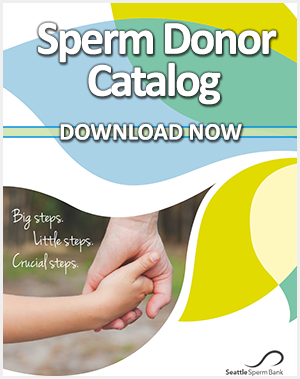Our staff has received many questions about whether it’s safe to conceive a child during the COVID-19 pandemic, so we’ve consulted trustworthy sources to help answer some common questions. We’ll continue to inform you as conditions change and we learn more about this particular virus.
Are Pregnant Women and Infants at Greater Risk?
It’s true that not enough is yet known about COVID-19’s effects on pregnant women and infants. Still, according to the American College of Obstetricians and Gynecologists, current data indicates that pregnant women with no underlying health complications are not at greater risk.
It’s also important to note that no medical or scientific agencies have cautioned against conceiving at this time — and this includes artificial fertility reproduction techniques such as using donor sperm. That’s why home insemination may be a good choice for you during social distancing. After all, all semen specimens sold and used today were collected, processed, and frozen more than six months ago due to the required six-month quarantine period for all donor sperm.
In addition, the Centers for Disease Control and Prevention (CDC) reports that pregnant women seem to have the same health risks from COVID-19 as adults who are not pregnant. However, the CDC does report that:
- Pregnant women have changes in their bodies that may increase their risk of some infections.
- Pregnant women have had a higher risk of severe illness when infected with viruses from the same family as COVID-19 and other viral respiratory infections, such as influenza.
- Pregnant women should continue practicing the same prevention methods as everyone else, including social distancing, frequent hand washing, and disinfecting surfaces in the home daily.
- Passing the virus from mother to child during pregnancy is unlikely.
- COVID-19 has not been detected in amniotic fluid, breast milk, or other maternal samples taken.
Should I Avoid Getting Pregnant at this Time?
While acknowledging the potential risks, especially for women with underlying respiratory issues, both the American Society for Reproductive Medicine (ASRM) and the Society for Assisted Reproductive Technology (SART) have issued statements emphasizing the following:
- ASRM and SART are not recommending that women avoid getting pregnant at this time.
- Pregnant women who become infected with COVID-19 do not appear to be at increased risk.
- There is no evidence that delaying fertility treatments for a month or two will ultimately affect your ability to have a child. So if you’ve had to postpone treatments due to the outbreak, you should be able to safely and effectively continue once the virus is contained.
We know this is a difficult and uncertain time, so please let us know if we can answer other questions for you. SSB will continue to keep you updated as new information becomes available. If we can help in any way, please contact us at cs@seattlespermbank.com or (206) 588-1484.


